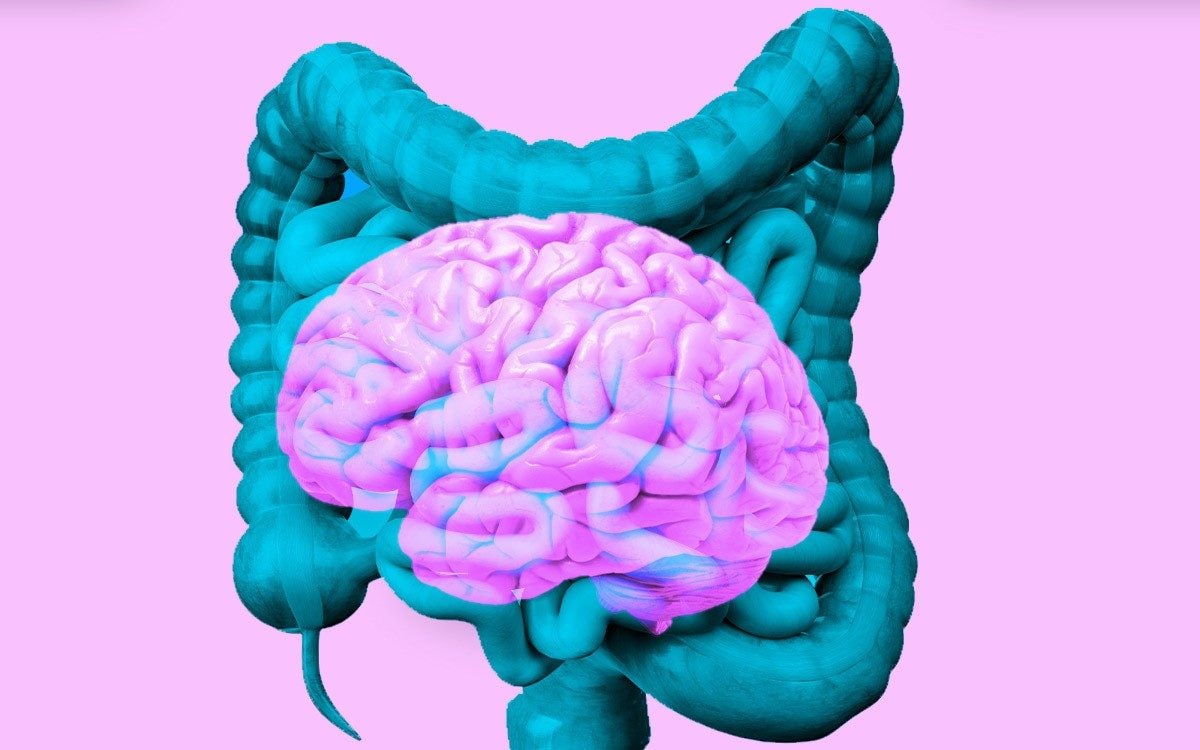The gut-brain axis has long been implicated in bi-directional communication between the central and enteric nervous system. Researchers are now progressing this area of investigation by exploring the connection between microbiome dysbiosis and neurodegenerative conditions.
Ahead of publication, an article published in The Daily Telegraph has revealed new results from a pilot study in Parkinson’s disease, where patients were administered Symprove over a 12-week period vs placebo. The investigators suggested that positive changes to gut composition have the potential to improve the symptoms associated with the neurodegenerative disease. Dr Lynne Barker, lead investigator from the Centre for Behavioural Science and Applied Psychology at Sheffield Hallam University is hopeful for future outcomes in neurological conditions “It could potentially lead to a way of managing not only Parkinson’s but everything”.
This research is part of a bigger programme to investigate the gut-brain axis and role of Symprove in Parkinson’s disease, with a mouse model study by UCL now complete and a multi-centre randomised controlled trial by King’s College complete and undergoing analysis. Watch this space!
Visit The Telegraph to read the full article.
Image courtesy of The Telegraph


